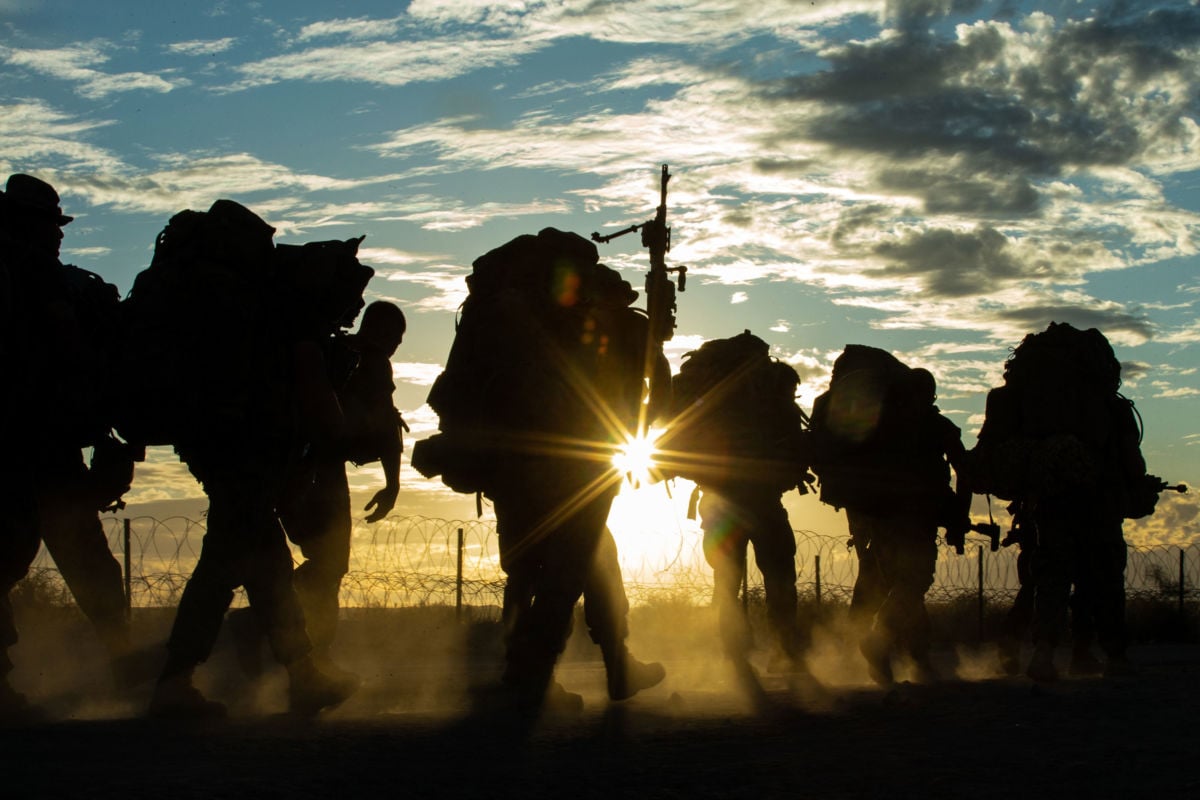 Camillo Mac Bica
Camillo Mac Bicatruthout.org
Originally published Nov 11, 2019
Here are two excerpts:
Humankind has identified and internalized a set of values and norms through which we define ourselves as persons, structure our world and render our relationship to it — and to other human beings — comprehensible. These values and norms provide the parameters of our being: our moral identity. Consequently, we now have the need and the means to weigh concrete situations to determine acceptable (right) and unacceptable (wrong) behavior.
Whether an individual chooses to act rightly or wrongly, according to or in violation of her moral identity, will affect whether she perceives herself as true to her personal convictions and to others in the moral community who share her values and ideals. As the moral gravity of one’s actions and experiences on the battlefield becomes apparent, a warrior may suffer profound moral confusion and distress at having transgressed her moral foundations, her moral identity.
Guilt is, simply speaking, the awareness of having transgressed one’s moral convictions and the anxiety precipitated by a perceived breakdown of one’s ethical cohesion — one’s integrity — and an alienation from the moral community. Shame is the loss of self-esteem consequent to a failure to live up to personal and communal expectations.
(cut)
Having completed the necessary philosophical and psychological groundwork, veterans can now begin the very difficult task of confronting the experience. That is, of remembering, reassessing and morally reevaluating their responsibility and culpability for their perceived transgressions on the battlefield.
Reassessing their behavior in combat within the parameters of their increased philosophical and psychological awareness, veterans realize that the programming to which they were subjected and the experience of war as a survival situation are causally connected to those specific battlefield incidents and behaviors, theirs and/or others’, that weigh heavily on their consciences — their moral injury. As a consequence, they understand these influences as extenuating circumstances.
Finally, as they morally reevaluate their actions in war, they see these incidents and behaviors in combat not as justifiable, but as understandable, perhaps even excusable, and their culpability mitigated by the fact that those who determined policy, sent them to war, issued the orders, and allowed the war to occur and/or to continue unchallenged must share responsibility for the crimes and horror that inevitably characterize war.
The info is here.


